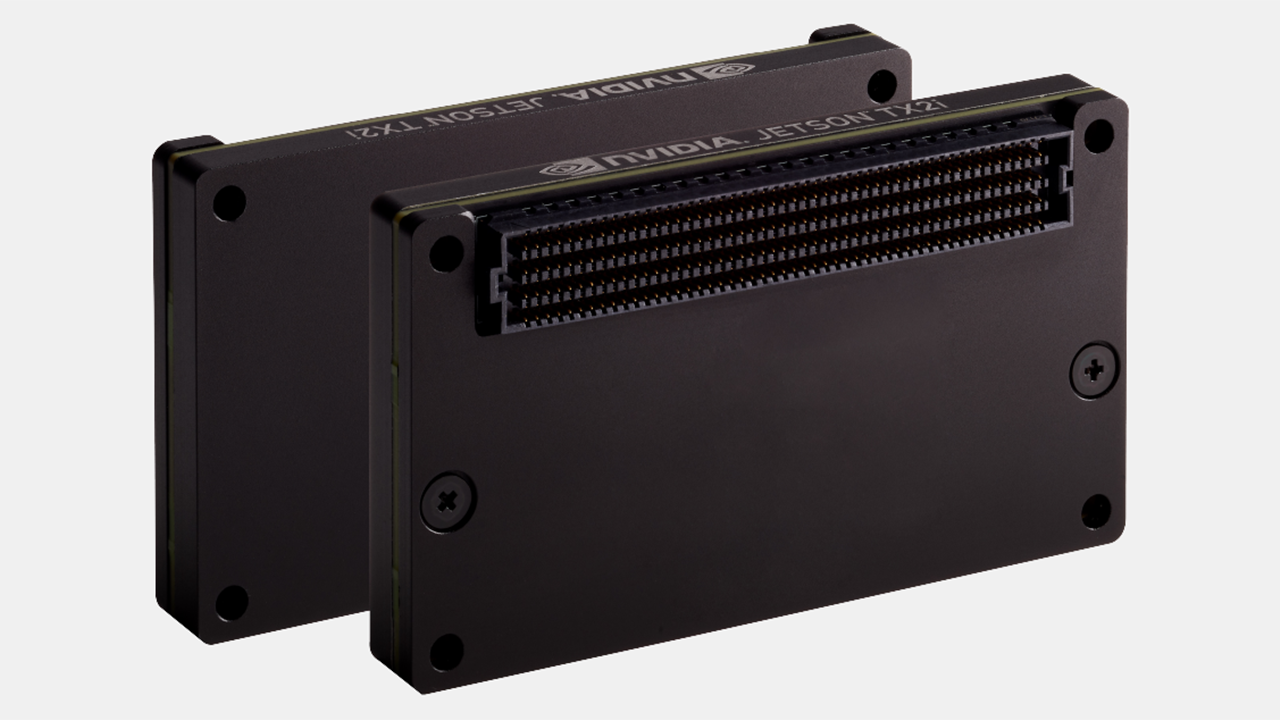
A team of researchers in China has demonstrated how a low-cost Nvidia Jetson TX2i system-on-chip for industrial applications can significantly enhance capabilities of hypersonic weapons — achieving speeds above Mach 7, according to a report by the South China Morning Post. This SoC, which is not restricted by U.S. export controls and is much more affordable than high-end options, could enhance China's military capability.
The Nvidia Jetson TX2i processor (featuring two Denver 2 cores, two Arm Cortex-A57s, and a Pascal GPU with 256 CUDA cores) was originally designed for industrial applications but has been adapted by the research team to work within air-breathing hypersonic aircraft. These aircraft benefit greatly from the chip's ability to process complex computational fluid dynamics models. This processing power reduces the time required for crucial calculations — from seconds to just 25 milliseconds.
Economically, using the TX2i module means a significant reduction in research and development costs for hypersonic technologies. With a peak performance of 1.26 FP16 TFLOPS at up to 20W, the TX2i offers substantial computational power at a fraction of the cost of Nvidia's more powerful AI chips.
The research also highlighted the usage of heterogeneous CPU and GPU computing, presenting a novel architecture for tackling the challenges associated with the sequential nature of hypersonic flow field simulations. This solution is crucial, as it allows for more efficient handling of the complex computations required by such performance hungry applications.
This advance in computational performance is crucial for 'real-time optimization' of various systems within the aircraft, such as the fuel supply and fault diagnosis in scramjet engines. Such capabilities were detailed in a study that was jointly conducted by the Beijing Power Machinery Research Institute and Dalian University of Technology and published in the Chinese academic journal Propulsion Technology.
Despite the potential of using a U.S.-manufactured chips like the TX2i, the team acknowledged that Chinese domestic chips could equally meet the demands of the country's military applications — suggesting a possible shift toward greater self-reliance in critical military technologies. This development is a clear indicator of strategic importance of integrating advanced computing solutions, capable of challenging conventional defense systems, in modern weaponry.







